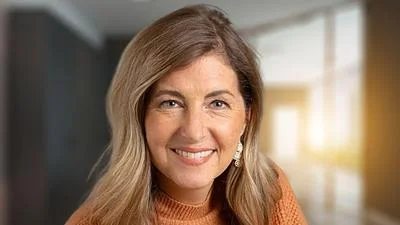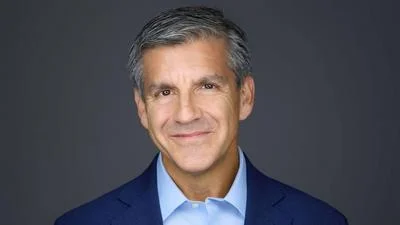Advocate Trinity Hospital issued the following announcement on Sept. 5.
While getting a colonoscopy may not be at the top of your list of most exciting things to do, you already know how important can be in the prevention and detection of colorectal cancer.
“People avoid getting colonoscopies for various reasons,” says Michele Sobeck, gastroenterology nurse practitioner at Aurora Medical Center – Bay Area in Marinette, Wis. “Some are embarrassed, some are worried about the process, some don’t think they need it. And then others are worried about the results. Modern advancements actually help to put much of this to rest.”
Colorectal cancer is the third leading cause of cancer death among men and women, excluding skin cancers, according to the American Cancer Society. That’s a good reason to confront myths about colonoscopies head on.
Myth #1: Colonoscopies hurt.
“It is rare for a colonoscopy to be painful,” Sobeck explains. “Most patients are consciously sedated and don’t remember hardly any of it.” One of the most common sensations felt by the few who express discomfort after the procedure explain it as the need to have a bowel movement.
Myth #2: I don’t have any symptoms, so I don’t need a colonoscopy.
In fact, colorectal cancer rarely presents symptoms until the disease has progressed. The good news? Screening via colonoscopies could help prevent colorectal cancer deaths. Talk to your doctor about whether one is right for you. The U.S. Preventive Services Task Force recommends screenings via colonoscopy for adults “beginning at age 50 years and continuing until age 75.”
Myth #3: The preparation for a colonoscopy is the worst.
If you’ve never had a colonoscopy, here’s the scoop: You need to empty your bowels before the procedure. To do so, you should follow a colonoscopy-prep diet for a full day before the procedure: Drink clear liquids and consume no solid foods and dairy. Also before the procedure, you’ll be given an electrolyte solution to help fully clear your bowels.
“Try to keep in mind why you’re having the procedure done: To ensure you’re living well and will continue to live well without colorectal cancer,” says Sobeck. “Colonoscopy prep is nothing compared to colorectal cancer.”
While colonoscopies are important, Sobeck and the American Cancer Society offer some tips to use outside of your regular colonoscopy timeframe to prevent colorectal cancer:
Maintain a healthy weight (take a quick, free online assessment to learn more about your healthy weight by clicking here)
Keep a regular fitness regimen
Quit smoking
Reduce your intake of red or processed meat and alcohol
Increase your consumption of fruits, vegetables and whole-grain fiber
Original source can be found here.

Source: Advocate Trinity Hospital





 Alerts Sign-up
Alerts Sign-up